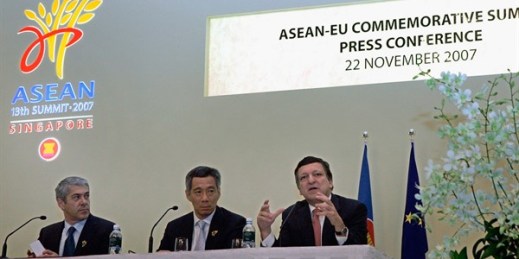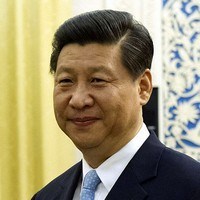
This month, there were reports that Ukraine was considering seeking arms deals with both Mexico and Turkey. In an email interview, Taras Kuzio, a fellow at the Johns Hopkins School of Advanced International Studies and an expert in Ukrainian security and politics, explained the recent history and current state of Ukraine’s arms industry. WPR: Who are the main buyers of Ukrainian arms, and in which categories of arms? Taras Kuzio: Developing countries such as Pakistan, Sri Lanka, Thailand, countries in the Middle East and former Soviet client states are the main buyers of Ukrainian arms. The main products are light […]





